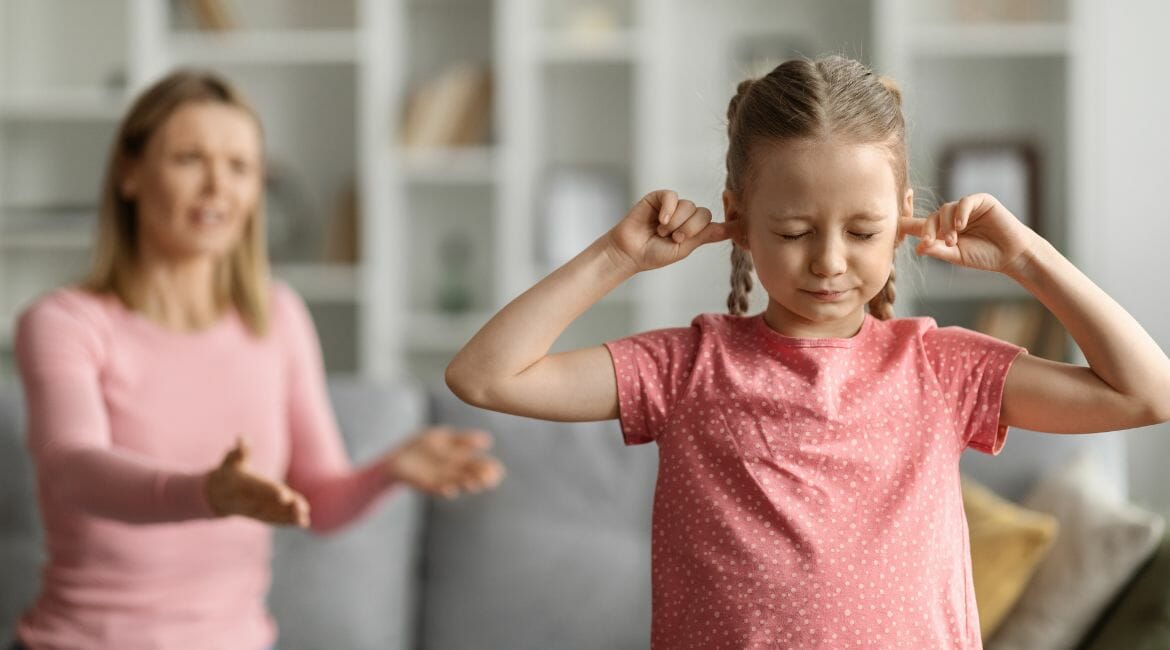Dealing with Criticism
As a homeschooling parent, I’ve learned that dealing with criticism requires a combination of confidence, communication, and compassion. Responding gracefully to critics can be challenging, but it’s important to remember that their opinions aren’t a reflection of our parenting abilities. Rather than becoming defensive, we can choose to approach criticism with an open mind and a willingness to listen. Changing perspectives can also be helpful in dealing with criticism. Instead of feeling put on the spot to explain our homeschooling choice, we can flip the script and ask critics about their decision to send their kids to public school. Providing information to help critics understand homeschooling better can also be effective. Ultimately, it’s important to remember that we’re in control of our own decisions and that the opinions of others shouldn’t dictate how we educate our children.Some Benefits of Homeschooling
I love the sense of ownership and confidence that comes with making the decision to homeschool, and rising above criticism only strengthens my belief in the benefits. Homeschooling has allowed me to see firsthand the success my child is achieving, and the growth they are experiencing as a student. Here are just a few of the benefits I’ve noticed:- Individualized Education: Homeschooling allows for a personalized education plan tailored to my child’s unique needs and learning style.
- Flexibility: Homeschooling provides the flexibility to adjust schedules and learning methods to accommodate family needs and interests.
- More Time for Exploration: With homeschooling, my child has more time to explore interests and passions outside of the traditional curriculum, leading to a more well-rounded education.
What Are Some Solutions to the Challenges of Homeschooling High School?
Homeschooling high school challenges and solutions can vary depending on the circumstances. One solution is to create a structured schedule to help students manage their time effectively. Additionally, joining homeschooling support groups and online communities can provide valuable resources and a sense of belonging. Offering opportunities for socialization through extracurricular activities or co-op programs is also crucial to address the challenges of homeschooling high school.













